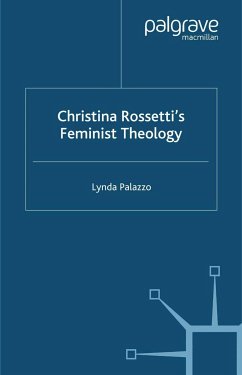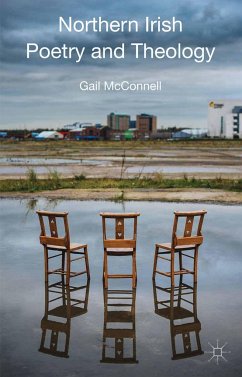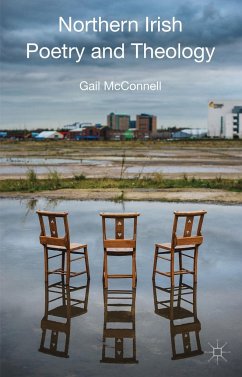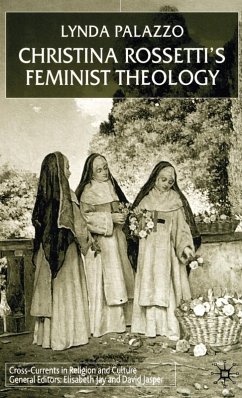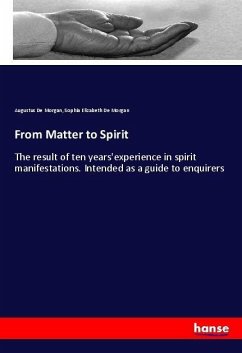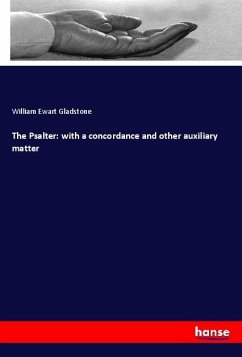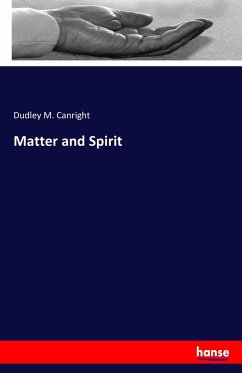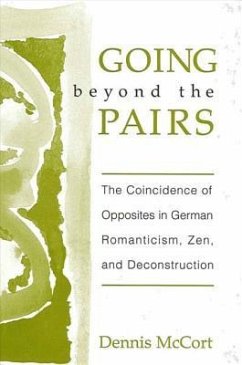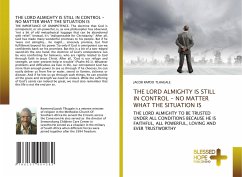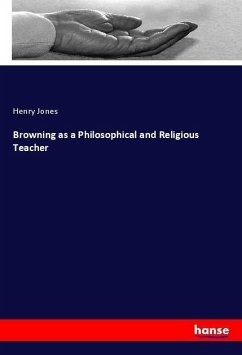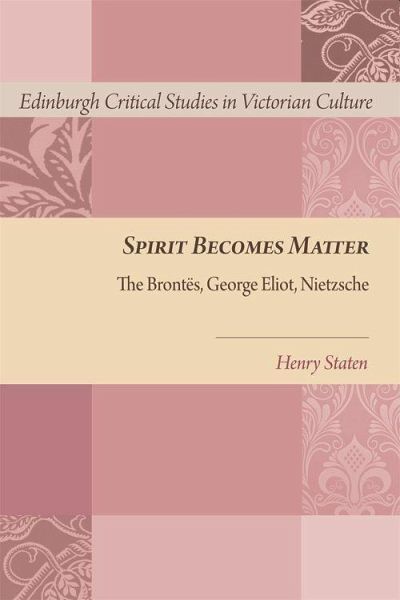
Spirit Becomes Matter
The Brontes, George Eliot, Nietzsche

PAYBACK Punkte
61 °P sammeln!
Edinburgh Critical Studies in Victorian Culture Series edited by Julian Wolfreys Drawing on provocative research, volumes in the series provide timely revisions of the nineteenth-century's literature and culture Spirit Becomes Matter: The Brontës, George Eliot, Nietzsche Henry Staten 'This wonderfully illuminating book presents the best, most detailed, readings I know of Jane Eyre, Middlemarch, and Wuthering Heights. Basing his approach on a brilliant reading of Nietzsche's physio-psychology in its intellectual context, Staten shows, against critical tradition, that these novels dramatize the...
Edinburgh Critical Studies in Victorian Culture Series edited by Julian Wolfreys Drawing on provocative research, volumes in the series provide timely revisions of the nineteenth-century's literature and culture Spirit Becomes Matter: The Brontës, George Eliot, Nietzsche Henry Staten 'This wonderfully illuminating book presents the best, most detailed, readings I know of Jane Eyre, Middlemarch, and Wuthering Heights. Basing his approach on a brilliant reading of Nietzsche's physio-psychology in its intellectual context, Staten shows, against critical tradition, that these novels dramatize the new materialist biological morality of life energy.' J. Hillis Miller, Comparative Literature and English, University of California, Irvine Traces the development of critical moral psychology in the central novels of the Brontës and George Eliot This book explains how, under the influence of the new 'mental materialism' that held sway in mid-Victorian scientific and medical thought, the Brontës and George Eliot in their greatest novels broached a radical new form of novelistic moral psychology. This was one no longer bound by the idealizing presuppositions of traditional Christian moral ideology, and, as Henry Staten argues, is closely related to Nietzsche's physiological theory of will to power (itself directly influenced by Herbert Spencer). On this reading, Staten suggests, the Brontës and George Eliot participate, with Flaubert, Baudelaire, and Nietzsche, in the beginnings of the modernist turn toward a strictly naturalistic moral psychology, one that is 'non-moral' or 'post-moral'. Henry Staten is Byron W. and Alice L. Lockwood Professor in the Humanities and Professor of English and Adjunct Professor of Philosophy and Comparative Literature at the University of Washington. Although he was originally trained as a Victorianist, his acclaimed first book, Wittgenstein and Derrida, was one of the first philosophical commentaries on deconstruction. Since then his work has ranged widely across literature and philosophy from the Greeks through modernism. In 1998 he received the William Riley Parker Prize for an outstanding essay in PLMA.




